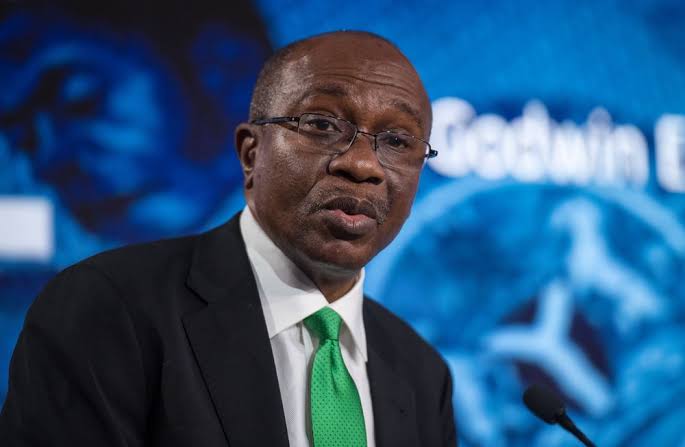The Central Bank of Nigeria CBN has said that it will launch the pilot scheme of its digital currency on October 1st, 2021.
CBN Director, IT Department, Mrs. Rakiya Mohammed, revealed this during a private webinar, explaining that the banking sector regulator had been conducting research towards the launch of digital currencies since 2017.
Mohammed was quoted by Nairametrics to have highlighted the benefits of the digital currency, saying it would enhance macroeconomic management, boost economic growth, facilitate cross border trade, boost financial inclusion and monetary policy effectiveness.
According to her, the digital payment instrument would further improve payment efficiency, revenue tax collection, remittance improvement, and targeted social intervention.
She added that the innovation would also benefit the fintech ecosystem by enhancing operational efficiency, opportunities for fintech start-ups in building services and products as well as financial inclusion that will contribute to economic growth, and the creation of a new system complimenting the traditional payment system.
It would be recalled that the move to adopt the electronic currency was first disclosed by the CBN Governor, Mr. Godwin Emefiele, during the Monetary Policy Committee (MPC) in May.
The digital currency initiative tagged Project Giant will use the Hyperledger Fabric Blockchain.
What you should know
80 per cent of central banks across the world are presently exploring the possibility of issuing the central bank’s digital currency, saying that Nigeria cannot be left behind.
The central bank digital currency will just be as good as you having cash in your pocket. So, if you are having the currency in your pocket, you are as good as having cash on your phone.
How does digital currency differ from cryptocurrency?
Though cryptocurrencies are a variant of digital currencies, there are some key differences between the two.
For instance, Digital currencies are centralized, meaning that transaction within the network is regulated in a centralized location, like a bank.
Cryptocurrencies are mostly decentralized, and the regulations inside the network are governed by the majority of the community.
There are also cryptocurrencies that are totally centralized and run by the founding organizations.





